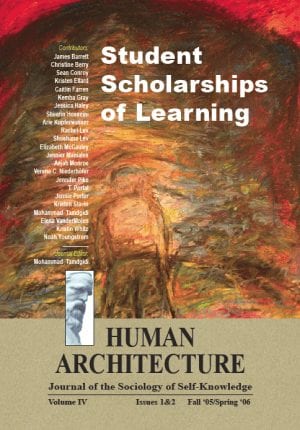Journal Article — The Sociological Contexts of Thich Nhat Hanh’s Teachings — by Darren Noy
$15.00
Placing sociology into dialogue with the theories of Thich Nhat Hanh can prove a fruitful endeavor, especially as another example of the growing conversation between science and spirituality.
Description
Abstract
“The Sociological Contexts of Thich Nhat Hanh’s Teachings” is authored by Darren Noy.
Placing sociology into dialogue with the theories of Thich Nhat Hanh can prove a fruitful endeavor, especially as another example of the growing conversation between science and spirituality.
Engaging in a dialogue with Thich Nhat Hanh’s teachings, however, requires that we understand these teachings both (1) within their context as an example of a family of engaged spiritualities that arose in the 20th century to address the dreams and dilemmas of modernity, and (2) within their context as a contemporary adaptation of traditional Buddhist philosophy.
This essay discusses both of these contexts, while also suggesting possible ways that academic sociological theories might relate to or parallel with the Engaged Buddhist theory of Thich Nhat Hanh.
Recommended Citation
Noy, Darren. 2008. “The Sociological Contexts of Thich Nhat Hanh’s Teachings.” Pp. 67-72 in Thich Nhat Hanh’s Sociological Imagination: Essays and Commentaries on Engaged Buddhism (Human Architecture: Journal of the Sociology of Self-Knowledge: Volume VI, Issue 3, 2008.) Belmont, MA: Okcir Press (an imprint of Ahead Publishing House).
The various editions of this issue of Thich Nhat Hanh’s Sociological Imagination: Essays and Commentaries on Engaged Buddhism can be ordered from the Okcir Store and are also available for ordering from all major online bookstores worldwide (such as Amazon, Barnes&Noble, and others).




